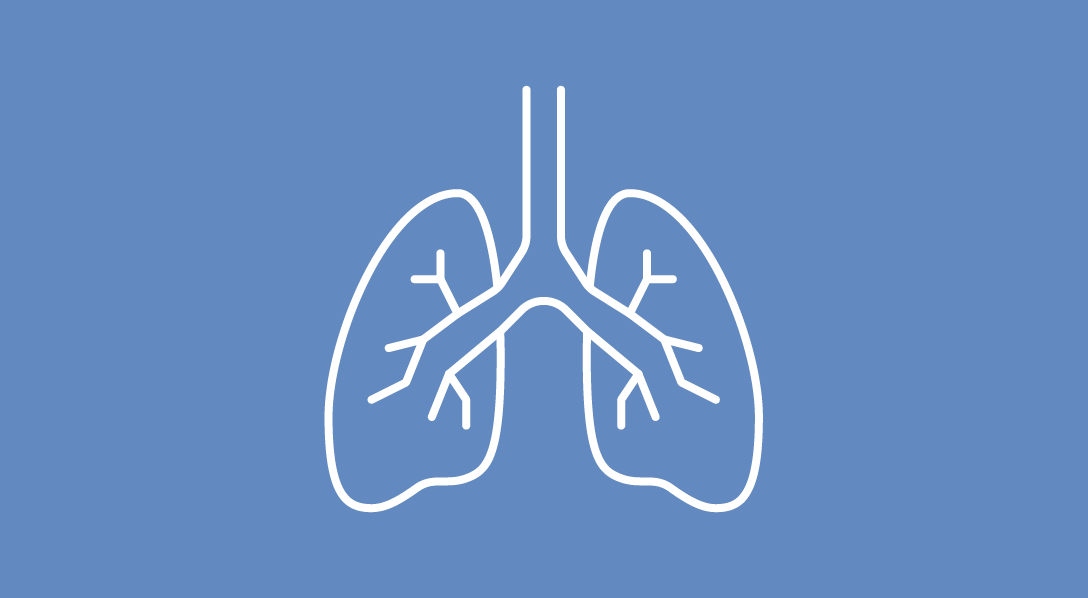Nurse-Led Behavioral Intervention May Alleviate Dyspnea in Advanced Lung Cancer
A behavioral intervention led by oncology nurses alleviated dyspnea in patients with advanced lung cancer, suggesting further research for long-term effects.
Nurse-Led Behavioral Intervention May Alleviate Dyspnea in Advanced Lung Cancer

A nurse-led brief behavioral intervention improved dyspnea symptoms in patients with advanced lung cancer compared with usual care, according to findings from a study published in the Journal of Clinical Oncology.
“Despite considerable advances in cancer therapy, dyspnea remains one of the most distressing and debilitating symptoms that patients with advanced lung cancer experience, with limited treatments to provide relief,” the study authors wrote. “This trial demonstrates the efficacy of a scalable, brief behavioral intervention for improving dyspnea, which oncology nurses can easily provide in their practice.”
At 8 weeks, patients in the intervention group, which included a 2-session intervention focused on postural positions, breathing techniques, and fan therapy, reported improvements in dyspnea, per the Modified Medical Research Council Dyspnea Scale (mMRCDS), compared with those receiving usual care (difference = –0.33; 95% CI, –0.61 to –0.05) at the 8-week primary outcome point. Of note, this improvement was not observed with the Cancer Dyspnea Scale (CDS) total score at 8 weeks.
Additionally, the brief behavioral intervention contributed to a decrease in dyspnea-related discomfort, according to the CDS sense of discomfort subscale, with a mean difference of –0.59 (95% CI, –1.16 to –0.01). This improvement was also seen in functional well-being with the Functional Assessment of Cancer Therapy-Lung (FACT-L), which indicated a mean difference of 1.39 (95% CI, 0.18-2.59).
The study consisted of 247 patients (55.9% women; mean age, 66.15 years) with advanced lung cancer who reported moderate breathlessness or worse. Most patients in the study (85.4%) had advanced non-small cell lung cancer (NSCLC). Patients with mesothelioma who were not being treated for curative intent were also eligible for this study.
Patients were randomly assigned with a 1:1 permuted block random assignment to receive either the dyspnea intervention or usual care. These were stratified by cancer type (NSCLC vs small cell lung cancer/mesothelioma) and study site.
The nurse-led intervention was conducted in 2 sessions that were 30 to 45 minutes each. The sessions, which were delivered in clinic or via telephone/video, took place 2 to 3 weeks apart over 24 weeks.
During the first session, patients focused on the relationship between dyspnea and physiologic stress response, evidence-based approaches for dyspnea management, and skills for reducing physiologic stress. Patients received instructions of the techniques, a handheld fan, and audio recordings of guided breathing exercises. The second session aimed to review adherence to the breathing exercises and techniques, while addressing any challenges they may have had.
“The intervention primarily focused on learning skills for taking slow, deep breaths and coping with moments of acute dyspnea by using pursed-lip breathing, postural relief, and a handheld fan,” the study authors wrote.
At follow-up, patients completed self-report measures at 8 weeks, 16 weeks, and 24 weeks with an approximate 3-week window at each interval. Additionally, all patients received a wrist actigraph device worn for 3 days both at baseline and 8 weeks.
The primary endpoint of this study was patient-reported dyspnea using the mMRCDS at 8 weeks. The CDS was administered as a coprimary outcome measure. Secondary outcomes included quality of life, psychological symptoms, and physical activity level at 8 weeks, in addition to a longitudinal analysis of all outcomes across the 4 study time points.
Reference
Greer JA, Post KE, Chabria R, et al. Randomized Controlled Trial of a Nurse-Led Brief Behavioral Intervention for Dyspnea in Patients With Advanced Lung Cancer. J Clin Oncol. Published online August 1, 2024. doi:10.1200/JCO.24.00048


